Cinema “Temporarily closed”: A love declaration for local indie cinemas
Can you imagine that Nuremberg was once one of the cities with the largest and most modern film palace in Northern Bavaria? When it opened in 1927, the Phoebus-Palast was the largest cinema in Nuremberg with over 2,000 seats. Formerly located at Königstorgraben 11 near the Grand Hotel, it was closed and demolished in 1972. About a half a dozen cinemas with punchy names remained: Admiral, Atrium, Apollo, Atlantik-Palast, Delphi-Palast, Orpheum, Rex and Rio-Palast. Many of these names may sound unfamiliar to you today, like ghosts from days gone by, because they do not exist anymore. They used to be part of a vivid cinematic landscape here in Nuremberg, as going to the movies had been a quite popular leisure activity. Only a handful of them have survived and are still here, fighting for survival in different and highly creative ways while supported by a faithful community of cinema lovers and cinemagoers.
Since the late eighties and early nineties, the death of cinemas in Nuremberg – particularly the small or independent – has happened again and again, but as the saying goes, “The condemned live longer”. Independent or so-called “art-house cinemas” are known for their extraordinary and ambitious program, because next to the big blockbusters, they mainly show smaller national and international film productions, often in their original version with subtitles. Those that have already survived “big” threats such as interactive films, illegal downloading, and virtual reality now find themselves in an even more serious situation. Covid-19 has devastated cinema owners of all sizes, but small, independent owners are feeling it even more profoundly, with the ongoing pandemic dealing perhaps a fatal final blow for the few leftovers in the Nuremberg Metropolitan Region. The growing Coronavirus pandemic first forced cinemas across the country to start cutting capacity and selectively close their doors, but the so-called “second wave”, which finally lead to a strict nationwide lockdown, has forced the cinemas into a long Sleeping Beauty-like slumber, which has already lasted for nearly four months.
I guess that I am not the only cinephile who is dearly missing the big screen experience. This feeling of anticipation when I am purchasing my ticket online or when I am standing at the box office twenty minutes before the start of film to collect my reserved ticket just to make sure to get a premium view; the pleasure of sitting among friends or with strangers in the dark, leaning back in your comfortable, soft velvet cinema seat and partaking in an adventure drama, feel-good movie or thriller; the two-hour escape from reality. Not to forget the fear that I will have to run to the bathroom during the big action sequence, the crucial moment, or plot twist. Although I have tried hard, I can’t enjoy watching films on a screen in my living room or on my laptop (especially when it’s via a Skype call with friends, a Netflix or Zoom party). During the last six months, I honestly have watched films via cinema-on-demand purely to support my favourite cinemas and to help prevent the death of the last ones standing. Their deaths would mean the extinction of a nearly hundred-year tradition of film-going in the area.
This is my personal top-five list of the most beautiful and enjoyable indie cinemas in Nuremberg, Fürth and Erlangen:
1) Casablanca Filmkunsttheater
Casablanca opened in 1976 and is located in the south-east part of the city. Since it reopened in 2009, the cinema has been run by a non-profit private association, Casa e.V. . This association is a large group of film enthusiasts and volunteers amounting to 1,33 members. The three-screen cinema offers an award-winning and innovative program, known for screening mostly foreign independent film productions, as well as current, locally made, and cult films on special nights. Moreover, Casablanca shows a series of films on a regular basis that address the causes of climate change, environmental protection, and sustainability. The exclusive Monday preview screenings named “Sneak Preview” and the moderated short film program “Shorts Attacks” are the two best known monthly cinema programs, and are extremely popular among the local community of indie cinema lovers. The wood-paneled rustic pub is open both to film-goers and passersby and offers a great range of beers, wines and whiskeys. Due to the pandemic, Casablanca is currently closed.
Gerhard Schwarz (better known as Black), first chairman and founding member of the Casa e. V. says: “The greatest source of motivation for us is the positive solidarity and encouragement that we are receiving from our members and friends. This has inspired us even more than ever to carry out the renovation and restoration work now so that we are prepared and ready for the re-opening, when all of us can enjoy the feeling of the cinema-going experience in our Casablanca together again”.
Find out more: www.casablanca-nuernberg.de
2) Filmhaus
The city-owned Filmhaus satisfies fans of ambitious filmmaking. The two-screen cinema, which is located in the Künstlerhaus of the city of Nuremberg, offers a colourful mixture of international premieres, foreign films, director and special-themed series, silent film classics accompanied by live music, as well as children’s films. Every two years it hosts the International Human Rights Film Festival (NIHRFF). Prominent national and international actors and film directors stream in and out of the Filmhaus. The award-winning Filmhaus is also a community center encouraging participation, discussion, and the development of moving pictures. I highly recommend the film series “Cine International”, which shows foreign language films from different countries in original version with German subtitles followed by a visit to the cozy café, which offers a variety of cakes and sandwiches beside a large selection of hot beverages, as well as alcoholic and soft drinks. Under the label “Kino 3”, the Filmhaus has opened an additional cinema room with a virtual screen to bridge the pause until the cinemas can open again. The entrance to this cinema room can be found on the cinema’s website and can be used by all holders of the “Filmhaus-Freunde” membership card, which is valid for one year from the date of purchase.
Matthias Fetzer, curator of the African-themed focus section of the Filmhaus, remarks, “Cinema (as the seventh art) is always in our minds; even in the Sleeping Beauty-slumber we are able to find the white horse, called Magnificent. By whispering in his ear, “go where we are going, Magnificent, Go, Go, Go!” he’ll take us to the land of ideas and poetry. In practice, we are working on the program of our multifaceted Kino 3, which we will continue to expand beyond the pandemic”.
Find out more: www.filmhaus.nuernberg.de
3) The Roxy Renaissance Cinema
The Roxy, located near the Nürnberger Südfriedhof, is one of Nuremberg’s oldest and best-loved cinemas. Owned by the Kiesel family from 1950 to 2013, the cinema originally brought the latest American and English-language movies to homesick G.I.s (two-letter abbreviation and popular short term used for soldiers of the US-Army), to students learning English, and to adventurous filmgoers of all ages. It re-opened in March 2013 under new management and once again became a living room and meeting point for expats and Anglophiles as well as a refuge for locals with wanderlust. It has been a true gem in Nuremberg. Unfortunately, its owner, the German-American Diana Yvonne Allison, has been forced to close the cinema in September 2020 due to the COVID-19 pandemic. Allegedly, there are plans to bring the cinema back to life.
Find out more: https://www.roxy-renaissance-cinema.de
4) Babylon Fürth
The Babylon is a charming old-style cinema in Fürth, which shows many current films and mostly international productions. Most screenings are here also in OV or OmU. It was renovated in 2014 and hosts many special programs and an extraordinary international festival called the Jewish Film Festival (“Jüdische Filmtage Fürth”), which was launched in 2015. It also runs a popular café and restaurant with an excellent food and drink selection where you can relax before and after the film. In the summertime, the adjacent cosy beer garden with a view over the Stadtpark invites you to relax and forget your daily stress. Furthermore, the cinema also boasts a small event stage, “Kellerbühne”, where concerts, readings and comedy take place regularly. The owner, Christian Ilg, has just founded an association to save the Babylon; additionally, beer, drinks and small dishes are currently being sold to-go. Meanwhile, they are offering a selection of films which can be streamed under the label “Babylon-TV” in cooperation with some film distributors.
Christian Ilg, however, misses life at the cinema. “Wir vermissen Kino ‘zu machen’!” he says – literally translated: We miss “doing” cinema! In addition to that he adds, “We miss selecting, choosing and deciding which films are going to be presented to an audience. We miss the fun we used to have running a small art-house cinema – and we really look forward to doing it again, no matter how long it takes!”
Find out more at: https://www.babylon-kino-fuerth.de
5) Lamm-Lichtspiele
This long-standing nostalgic little cinema located in the city center of Erlangen in an old half-timbered house has existed since 1922. From 1998 onward, the Lamm devoted its programming to exciting, intellectual arthouse films, developing it into a great place for people with more interest in avant-garde film than the typical blockbuster. The name derives from restaurant “Zum weißen Lamm“, which still belongs to the cinema, and the successful concept of the Lamm meant for many years staging a special night out for its loyal guests and fans. After it had to close for business in 2017, the owners, Elisa Coburger and Peter Zwingmann, were able to carry out their popular open air summer film festival and are planning a re-opening in 2021.
Find out more: https://www.lamm-lichtspiele.de
To sustain passionate art house cinema operators across Europe during this difficult time, the International Confederation of Arthouse Cinemas (CICAE), in collaboration with the German initiative, “#ZurückInsKino”, has started an international social media campaign under the name “#BackToCinema”. The idea behind this started with the German platform “#ZurückInsKino” created to bring film exhibitors together during the pandemic and beyond. For more information, see: http://cicae.org/en/coronavirus/back-to-cinema .
If you are a movie lover, please support your local film scene, so that all those movie-theatres, kept alive through the years with a lot of heart and blood, will (hopefully soon) be able to bounce back from the COVID-19 crisis.
I’ll see you at the cinema!
Lydia
It should come as no surprise that Lydia, one of our English Post team, is also a cinephile. Chances are, if you’ve visited our site to read this article, you are too (or maybe you just have good taste in reading). Feel free to leave a comment or just let us know:
Which is the last movie that you saw at the cinema?
Or why don’t you go to the movies anymore?
¹ “G.I.”: The two-letter abbreviation is a common and popular short term used for soldiers of the US-Army.
² “OV”: Abbreviation for films that are screened in their original language are labeled OV, for Original Version. This means the film is screened non-dubbed and without subtitles unless they’re part of the original film.
³ Whereas if a film is labelled “OmU”, meaning Original with subtitles, these films have the original audio along with subtitles. Unless otherwise specified, assume these subtitles are German. Please note: All the mentioned cinemas show mainly art house films in an OV or an OmU version. Depending on the country of origin you can enjoy watching original version films also with subtitles in French, Spanish, Russian, Polish, and other languages such as Farsi or Arabic. Original language cinemas are popular among expats and locals in Nuremberg.
Hashtags:
#arthousecinema #arthousekino #babylonfürth #backtocinema #casablanca #casanuernberg #cicae #cinema #covid19 #culture #erlangen #filmhausnürnberg #filmgoing #fürth #hilfdeinemkino #kino #kinoliebe #kultur #lockdown #lammlichtspiele #moivetheatre #nürnberg #nuremberg #rex #riopalast #roxyrenaissancecinema #sleepingbeauty #supportyourlocalcinema #zurückinskino
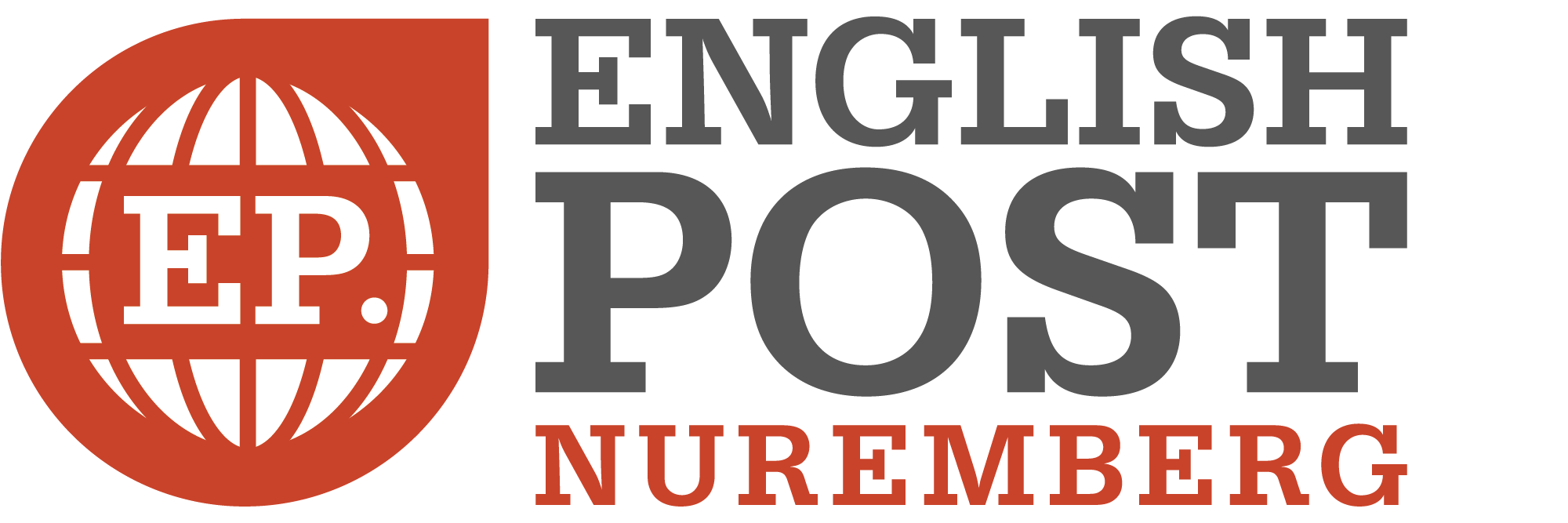

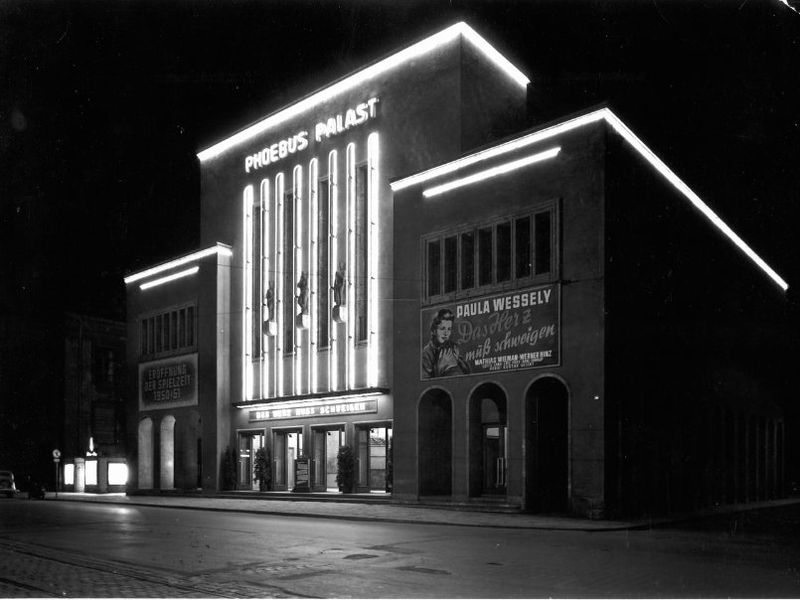
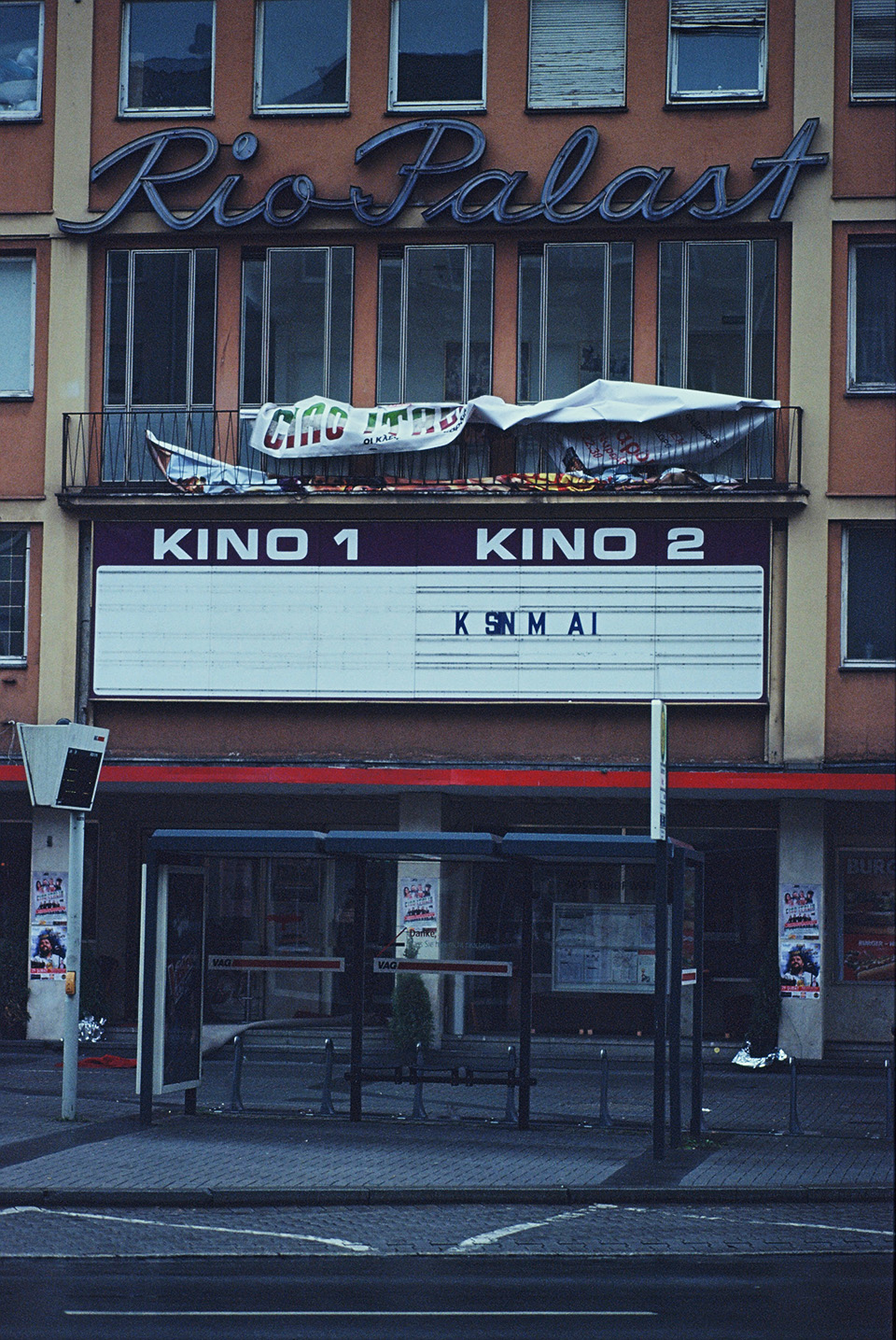
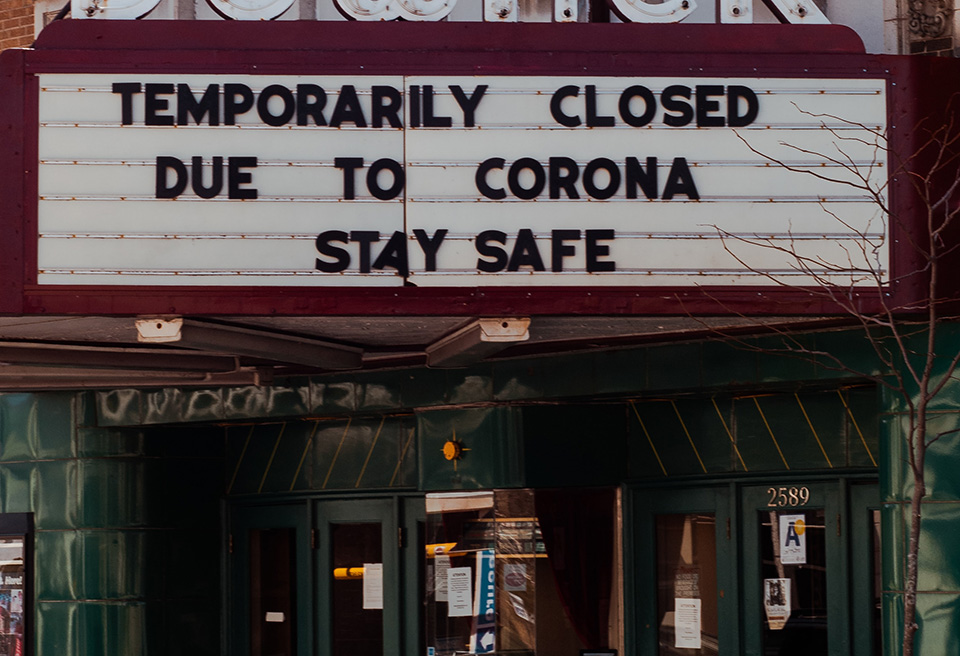
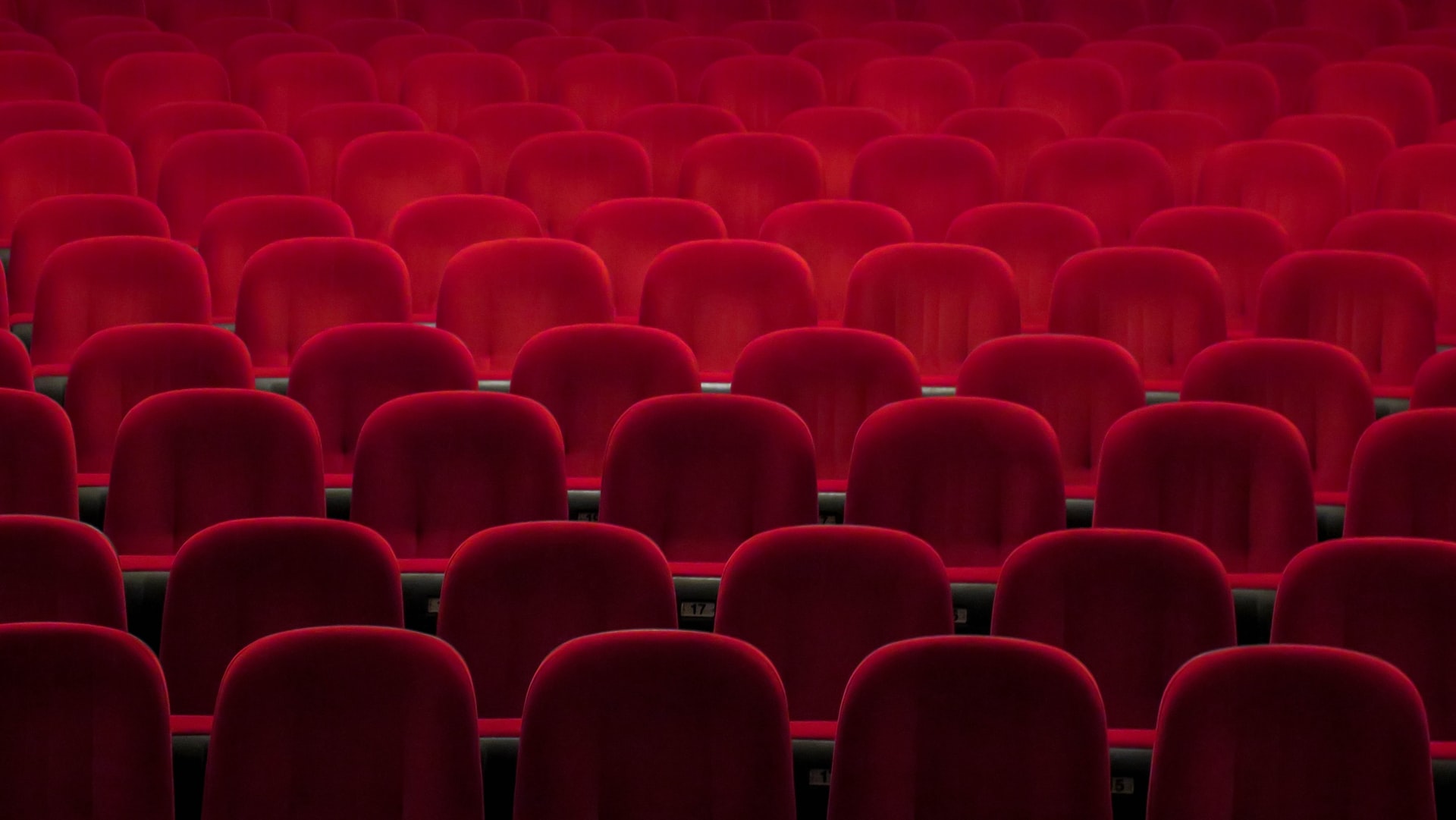




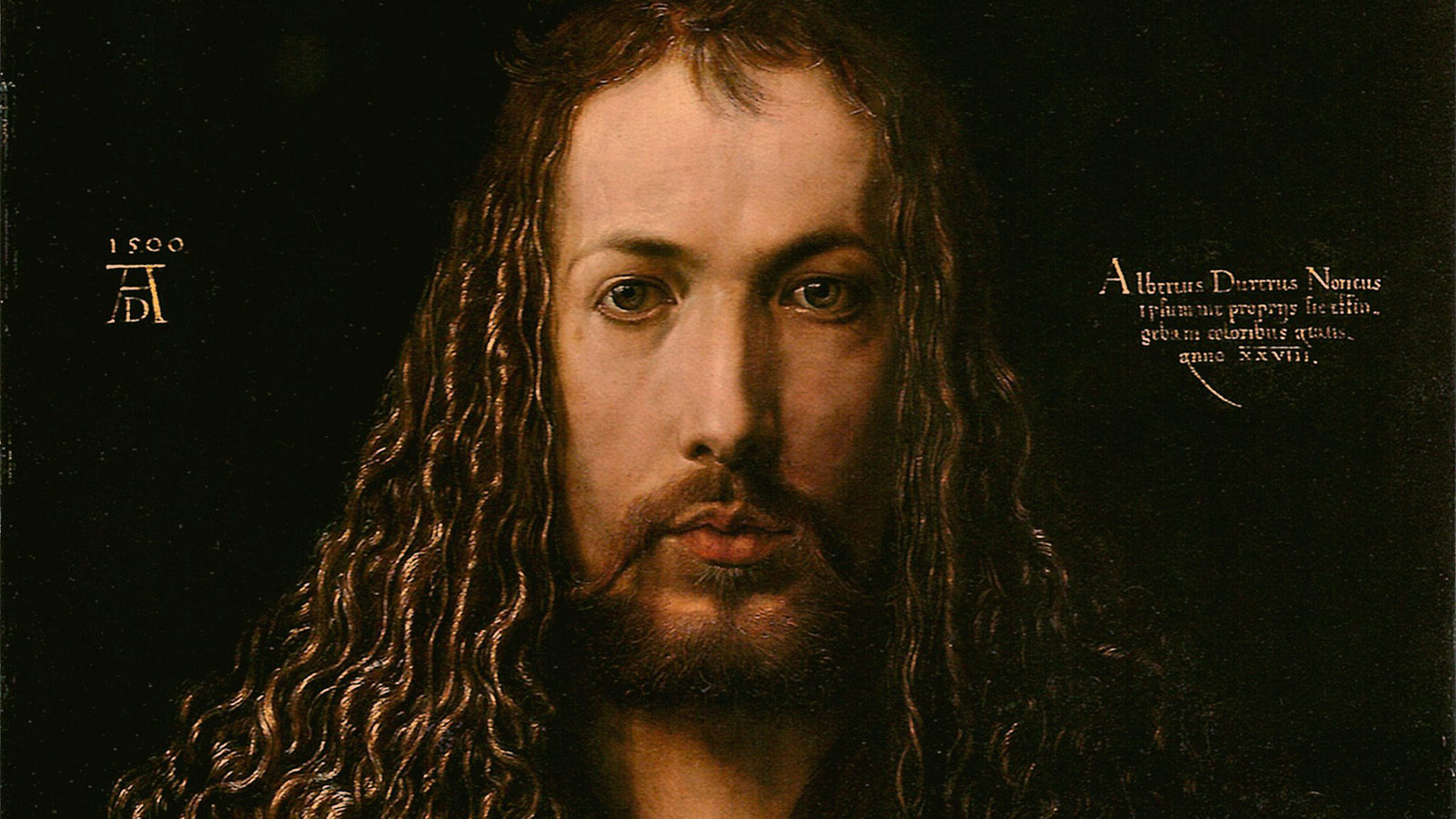


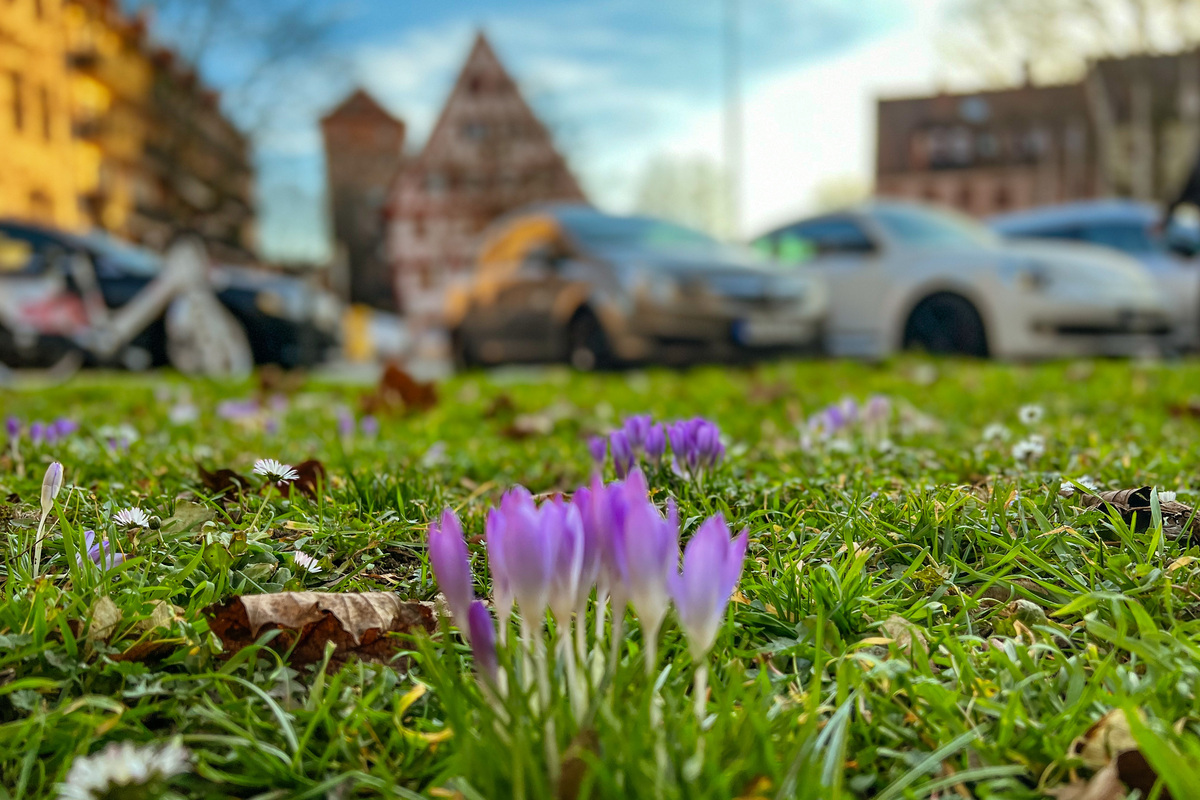







Thx Lydia! It’ll come back but Corona will leave scares.
I find our OmU outdated, as it doesn’t reveal the language. If you browse thru the cinema program of German-US-french production you sometimes need to guess the langauge…
H
It’s my pleasure, Harald. I can see light at the end of the tunnel… 🤞 ❤ The government has a plan to slowly get the arts and culture industry back on its feet. And finally also Germany has unveiled plans to re-open cinemas along with other cultural institutions .